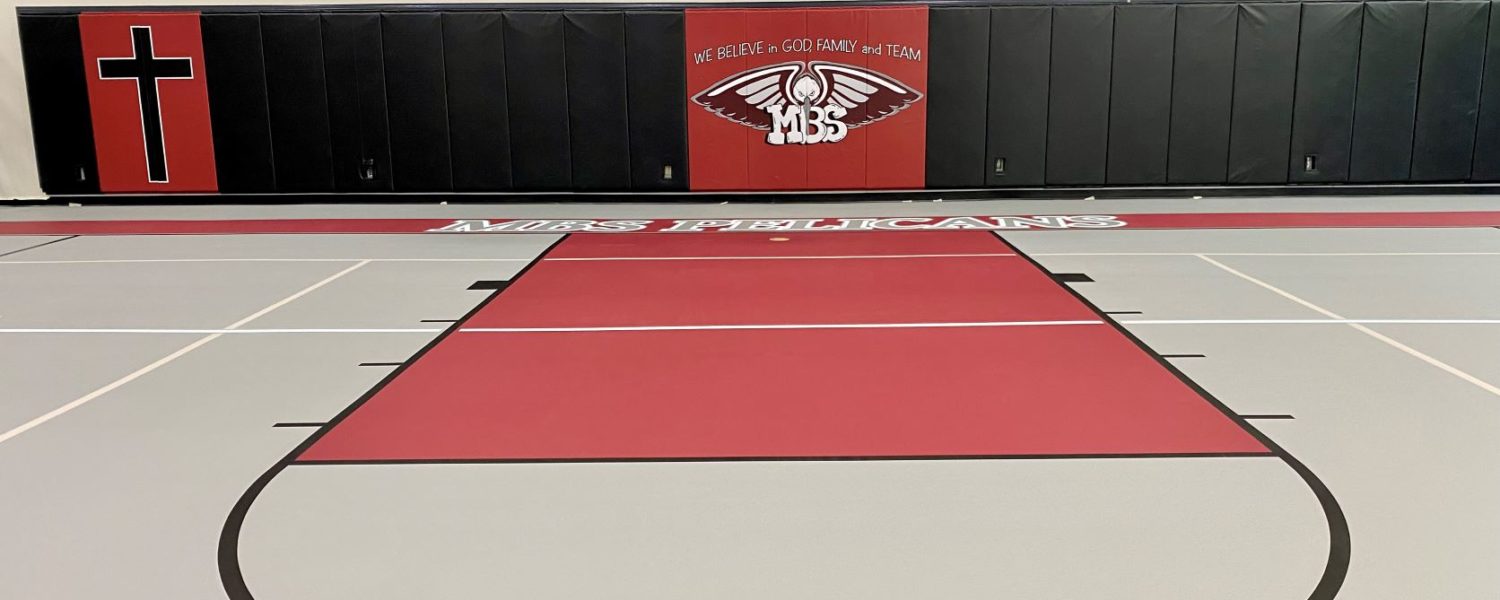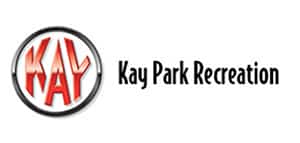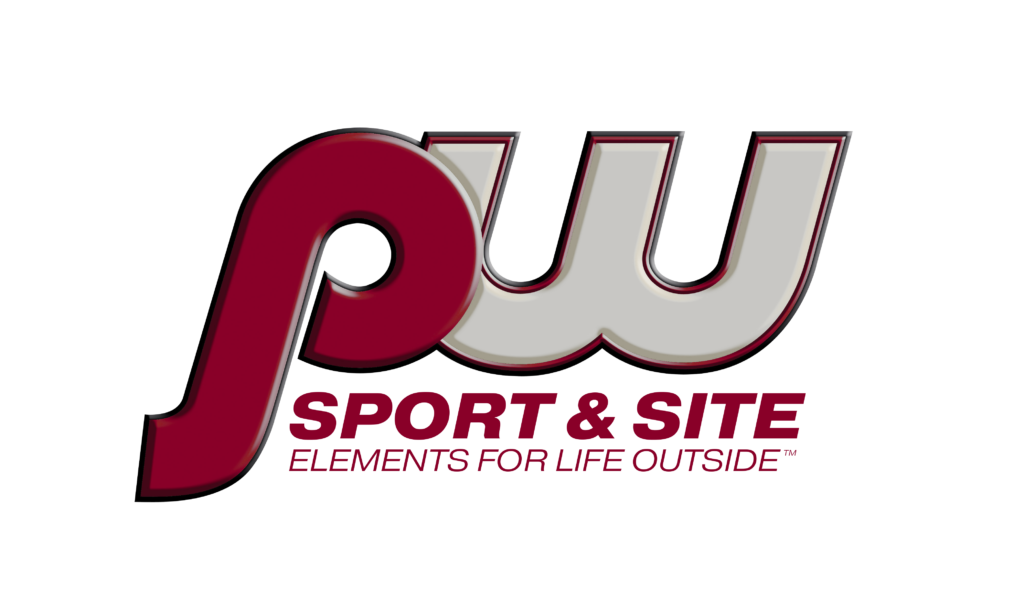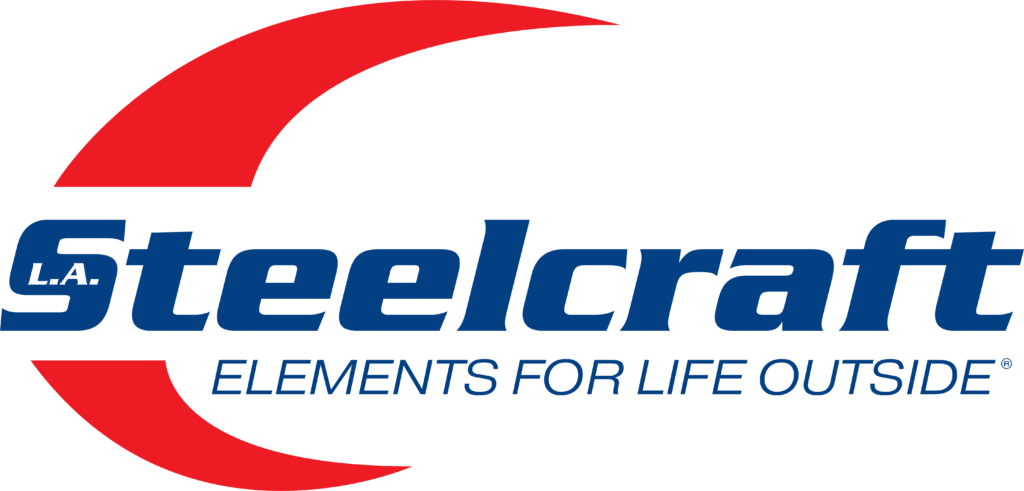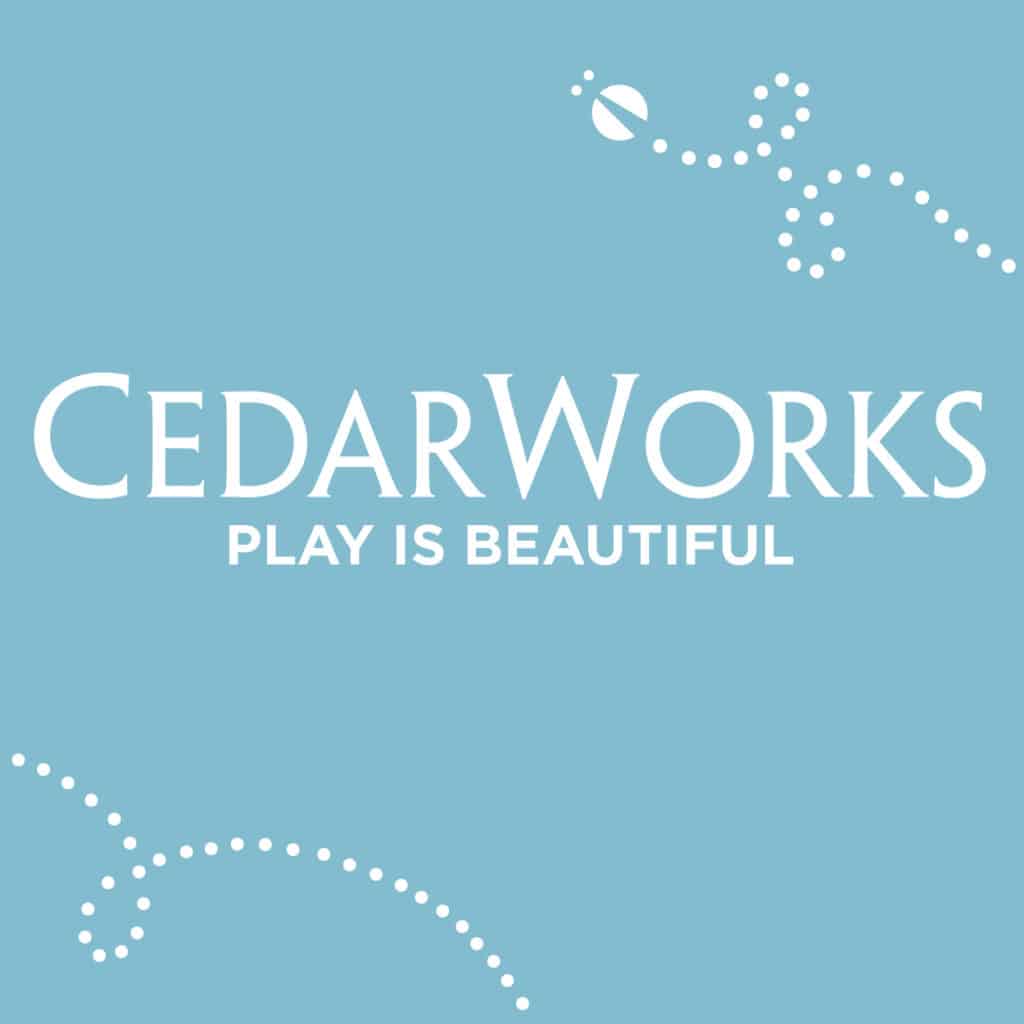By John Ficks
Here are some considerations to ensure a successful experience.
Buying a new gym floor should be an exciting and enjoyable experience. This is your opportunity to choose a floor system that will serve as the platform for a variety of activities for many years into the future.
If the purchase is for the school’s main performance gym, this is the floor that will be seen by most visitors to campus and experienced by generations of student athletes. If your purchase is intended for an auxiliary gym or multipurpose area, this is the opportunity choose a floor system that maximizes functionality of the space and promotes user safety.
Integral to the choice of floor system is the choice of sports flooring contractor. A good sports flooring contractor can guide you in product selection, perform the installation and provide long-term floor care. Choosing the right product and contractor will ensure a great floor ownership experience.
The intent of this article is a general overview of considerations to be made when purchasing a new floor. Always seek assistance from a properly licensed design professional if required for your project.
There are two types of flooring commonly used in school gyms and multi-use spaces: hardwood and synthetic flooring systems. Both hardwood and synthetics flooring systems offer a variety of benefits to enhance the functionality of athletic and recreational spaces.
Hardwood floor systems are aesthetically pleasing and can offer more safety benefits to athletes than other available options. Most hardwood flooring used for gyms in North America is Northern Hard Maple (Acer saccharum) with grading rules and installation standards established and maintained by the Maple Flooring Manufacturers Association (maplefloor.org).
From the standpoint of functionality and lifecycle, hardwood systems can be refinished every 10 to 20 years, providing a functional lifespan of over 40 years or more. Hardwood systems are often chosen for campus main gyms for their beauty and desirable performance for basketball and volleyball.
It is important to note that hardwood floors look great, but it is the technology below the surface that counts. Hardwood gym floor manufacturers offer a variety of subfloor systems that can enhance user safety and provide a variety of functional characteristics and performance benefits. Reach out to any member of MFMA for product recommendations for your gym floor project.
There are several types of synthetic sports flooring commonly used for athletic and recreational facilities in North America. The most common flooring types include resilient polyurethane, vinyl sheet goods and rubber flooring. There are many different brand names for the many synthetic floor systems on the market. A quick Internet search will identify the primary manufacturers and distributors in North America. Just as with hardwood courts, all of these suppliers will be eager to offer the potential purchaser product recommendations based on the intended use of the flooring.
Each type of synthetic sports flooring offers a variety of benefits to the owner and the student users. There are several circumstances where synthetic flooring is a much better choice than hardwood. For example, hardwood floors perform best when the environmental conditions are controlled. If your facility will experience significant swings in temperature and humidity, a synthetic floor may be a better choice than hardwood.
Unlike hardwood systems, synthetic floors are less prone to damage from liquid water. If your floor may be exposed to liquid water during an annual school festival or other non-sporting event, synthetic flooring is a great choice. If the gym or multi-use space will be used frequently for non-sport activities with tables and chairs, consider a durable synthetic surface.
When choosing a synthetic sports floor, pay attention to surface friction and heed manufacturers recommendations for product use. For example, a rubber floor system designed to absorb impact from free weights does not make a great surface for a multipurpose elementary school gym.
Synthetic sports flooring can serve as a functional platform for many school activities, both athletic and multi-purpose. Consult with manufacturers’ representatives and experience sports flooring contractors for product recommendations.
When evaluating any maple or synthetic sports flooring system, it is important to investigate maintenance requirements for each of your options. Understand your annual floor maintenance budget before making a product choice. Best practices for maintaining a hardwood floor system include the regular use of a dry dust mop, annual recoating of the polyurethane finish and a complete sand and re-finish every 10 to 20 years. Synthetic flooring requires regular maintenance with a dedicated floor scrubber. Make sure your annual floor maintenance budget can accommodate the labor and material costs necessary to maintain your per manufacturer’s recommendations.
A strong argument can be made that the most important decision to be made is the choice of sports flooring contractor. Once you identify your objectives and use for the space, an experienced contractor can make product recommendations that he or she feels will be good choices for your facility. The contractor will want to discuss the intended use for the space and budget for the project.
If the project is new construction, it will be necessary for the contractor to examine the plans and drawings. If the project involves renovating an existing room, the contractor will measure the space, evaluate the existing conditions, and make recommendations based on their observations. Existing conditions may guide the contractor to limit product options to a range of thicknesses or product types.
The best choice in sports flooring contractor may be the company already providing your annual gym floor maintenance services. A great way to research additional contractors is to reach out to trusted colleagues at other schools and institutions for recommendations. Make a short list of contractors recommended by colleagues and invite them to evaluate your project and provide product options.
In the best-case scenario, the contractor you choose becomes your long-term partner, providing annual maintenance services and assistance if a problem ever develops. Hiring a flooring contractor that is local to your project should be given special consideration. Your local sports flooring contractor may not offer the lowest price, but they may be faster to react if there is ever a problem that requires assistance.
As a private school, you have more flexibility with the purchasing decision than other educational institutions. Clearly identifying the objectives for your flooring project and relying on advice from sports flooring professionals will result in a successful product selection.
Hiring an experienced sports flooring contractor will result in a successful installation and a positive long-term maintenance relationship, ensuring the longevity of your flooring investment and the safety of your students.
John Ficks is the sales & marketing manager for Robbins Sports Surfaces, www.robbinsfloor.com. Every Robbins floor system is engineered to deliver supreme comfort and safety to improve performance.


